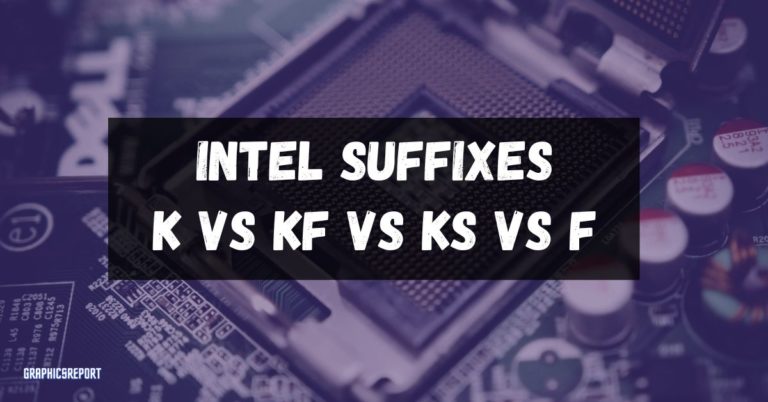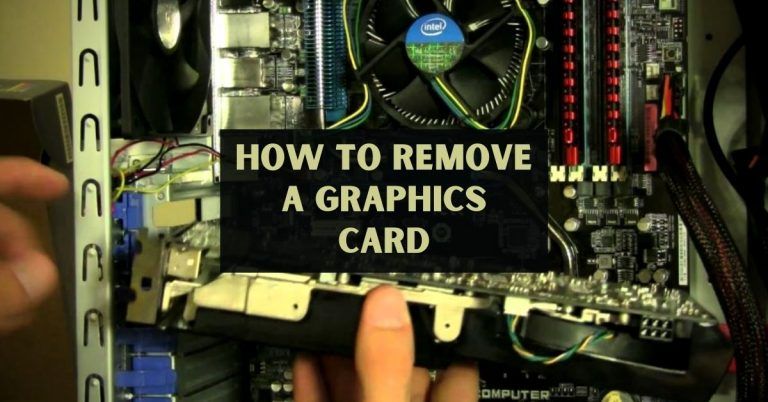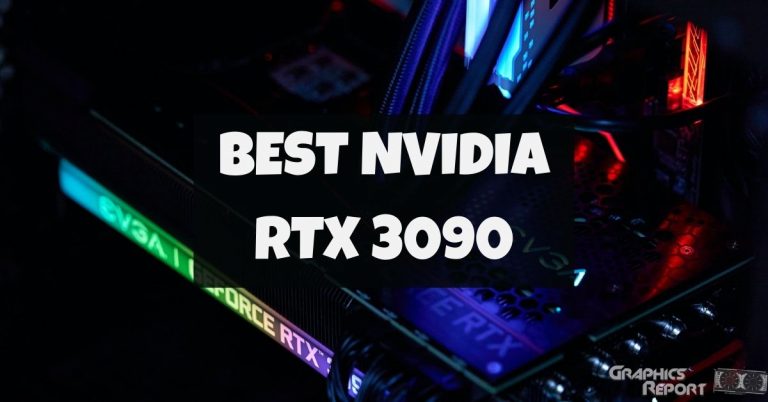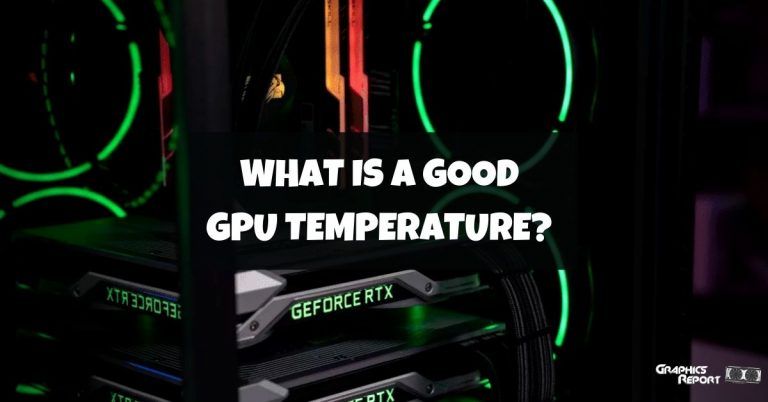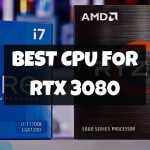
It’s time to admit that your computer has to be upgraded if a game on it occasionally stops, if an application routinely executes duties slowly, or even if it takes an eternity for the screen to load when the computer is starting up.
You must be selective about your upgrade computer component to get the most functionality for your money and boost functionality.
The problem begins at this point when you are unsure of whether I should upgrade the CPU or GPU first. On my word! Everybody who wants to create a cheap setup that can meet their needs is in this scenario.
I have therefore developed a solution to eliminate any misconceptions. After reading this essay, you will better understand the essential factors when replacing PC components, particularly if you wish to change the CPU or GPU.
When Should You Upgrade Your CPU?
Most modern games use six cores, so your CPU will likely be bottlenecking other components while gaming if it has fewer than 6 cores. 4 cores are still enough for some games, though.
But you should think about more than just gaming. Every two or three CPU generations, if you utilize CPU-intensive software, such as for professional editing, it is usually worthwhile to upgrade your CPU. Similarly, if your CPU is quite old, you could want to upgrade to enhance your daily desktop experience.
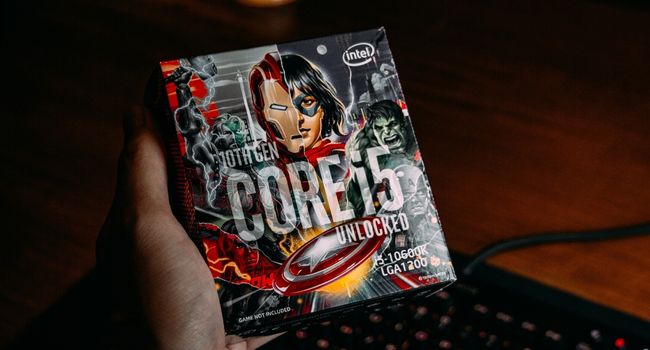
Additionally, consider whether you need the most recent innovations that come with a CPU update. For instance, a new motherboard and CPU combination is required if you want the most recent PCIe and DDR standard capabilities.
However, if your CPU has 6 cores or more and is from the current or prior generation of Intel or AMD, it’s safe to assume that upgrading your CPU won’t significantly improve your gaming performance.
However, if your graphics card is already sound and your CPU is a few generations old or has fewer than 6 cores, upgrading your CPU should result in a considerable speed increase.
Things To Consider When Upgrading Your CPU
Think about it before you upgrade; for excellent gaming performance, no more than six cores are required. Although the fastest gaming CPUs typically have more than six cores, other factors make current processors excellent for gaming.
If you have too little or your RAM is especially slow, you should also think about updating your RAM. RAM speed can affect gaming performance, but its impact is typically not very noticeable. Newer CPU architectures typically perform better in gaming.
Make sure that any CPU you upgrade is at least two generations old, such as AMD Ryzen 3000 or 5000 or Intel 11th and 12th generation
Higher clock rates are typically associated with better gaming performance when comparing CPUs within the same architectural family, such as two Ryzen 5000 CPUs.
Another critical determinant of game performance is CPU speed, which increases with more cache. For instance, the Ryzen 7 5800X3D, which has the most L3 cache of any mainstream CPU, is one of the fastest gaming CPUs.
When Should You Upgrade Your GPU?
There isn’t much need to improve your GPU unless you’re planning on running a professional workstation or playing high-resolution games. The longevity of the GPU is another factor. GPUs on the market typically operate at maximum efficiency for four years.
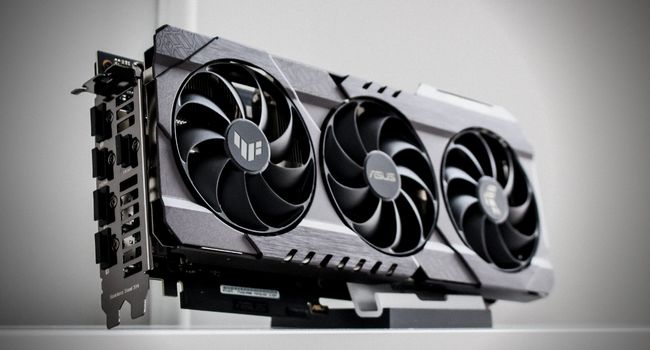
Following that, GPU often loses its functioning. Playing games with a poor framerate could irritate a dedicated gamer. The moment is right to replace your GPU at that point.
That’s not all, though. You should upgrade the GPU if your present GPU exhibits specific problems, such as excessive heating or frequent frame drops.
Things To Consider When Upgrading Your GPU
Make sure your graphics card will last you at least a few years before you need to change it once more if you decide to do so. Try to purchase the most excellent GPU that is currently available for this purpose. Avoid using outdated models if at all possible.
As GPUs continue to grow in size, make sure the GPU you’re considering will fit in your case with the other parts you already have. Even though you can always return things, it’s still nice to ensure that it fits before making a purchase. It won’t be the end of the world if it doesn’t.
Related reading:
- How to overclock GPU
- How to vertically mount GPU
- How to limit fps in games
- How to choose a graphics card
- How to clean GPU
- How to water cool GPU
Make sure your power supply (PSU) is compatible before purchasing because your GPU is one of your computer’s most demanding components. Nvidia’s RTX 3080, for instance, has a maximum power demand of about 340W.
So, you’ll need a power supply unit (PSU) that can support the GPU in addition to your other components, such as the CPU, motherboard, RAM, sound card, and other peripherals.
What Is A CPU Or GPU Bottleneck, And How To Identify Them?
This bottleneck is when your computer needs additional processing power and speed to perform a program. The application still cannot be run due to a performance issue. A bottleneck develops when a computer’s essential parts aren’t compatible with one another.
When a GPU or CPU becomes overloaded, one offers all of its processing power to handle the program, while the other finds it difficult to handle that much power. You must consider this when deciding to update a CPU or GPU.
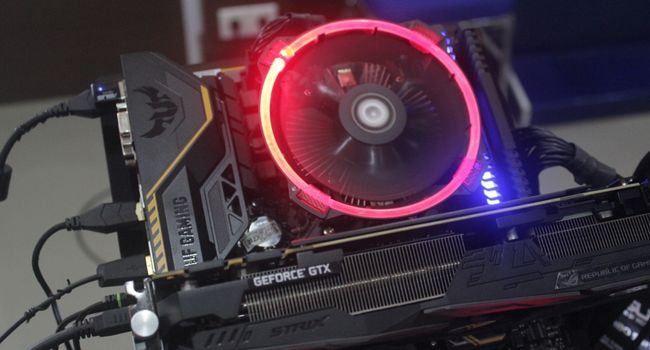
The performance bottleneck can also assist you in choosing the first component you should upgrade. You can choose which component to upgrade first based on whether the GPU is bottlenecking the CPU or vice versa.
Launch a quick-paced game on your PC first. Make sure the game is also relaxing for the eyes. Your GPU is to blame if you discover that the game has a significant rendering issue. The CPU, on the other hand, is to blame when the visual rendering is flawless, but the game lags.
After that, try a different strategy. This is required to download MSI Afterburner or alternative monitoring tools like Open Hardware Monitor, MangoHUD, etc.
Start a game that is compatible with the hardware in your setup. Play for a while and use MSI afterburner to monitor your GPU and CPU utilization.
You’ll be able to tell which component must be upgraded first if the GPU uses 100% of the system’s power and the CPU uses about 50%.
However, different programs utilize PC components in a variety of ways. Test these techniques with various games and other applications to get the whole picture.
Should I Upgrade My CPU Or GPU First For Streaming?
They are both crucial for streaming. If you experience stuttering during games or routinely use 100% of your CPU while performing tasks, you should typically upgrade your CPU before your GPU. An upgrade to the GPU is necessary if the machine has difficulty rendering the visuals of visually demanding games.
If you intend to stream straight from your gaming computer, it is preferable to use GPU encoding. Still, software encoding can produce impressive results if you can afford a dual PC configuration. This option is helpful for games that demand a lot of computing power.
How Do I Prioritize GPU Over CPU?
Open the System>Display>Graphics window and choose the game if you are switching to an Nvidia GPU. Choose the graphics processor that is best for this program from the following drop-down selection.
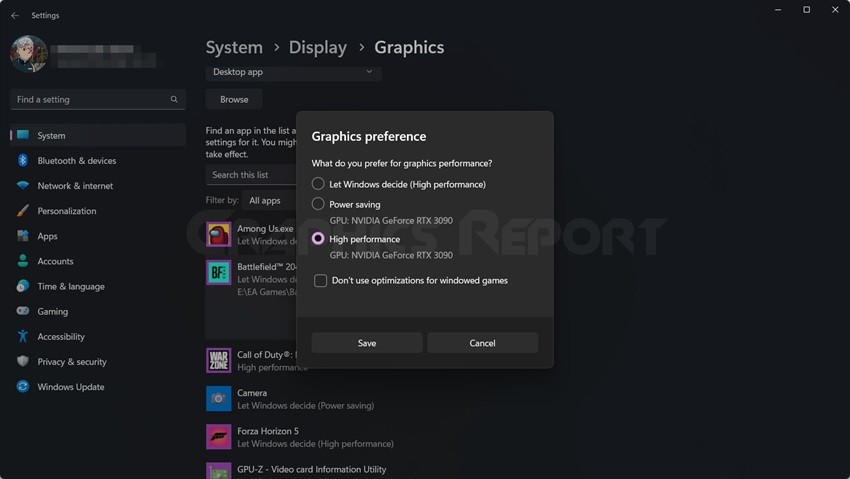
The Nvidia GPU should seem like a high-performance Nvidia CPU on your screen. Last but not least, save the modifications you have made.
What Should I Upgrade First For Gaming?
Perhaps more than any other component, your CPU impacts every part of your desktop experience since it is responsible for carrying out all of the instructions that your operating system and programs give it.
A CPU upgrade should enhance your desktop experience in all areas, not just gaming, since it upgrades the “brain” of the machine. However, because a GPU (general processing unit) mainly handles tasks like generating graphics, having a powerful one is crucial for niche applications like gaming and animation software but less crucial for most general-use apps.
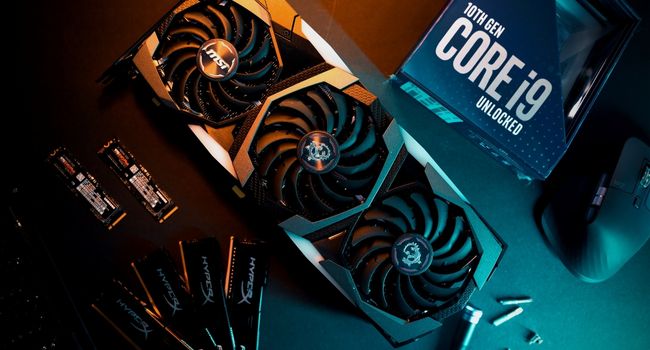
However, a GPU upgrade should result in a far more significant performance improvement than a CPU upgrade for these particular situations. Increasing your CPU or GPU depends on how crucial rendering-intensive software or games are to you.
A GPU update is probably preferable if you want to boost your in-game frame rates. However, you might better choose a CPU upgrade if you want to enhance your regular desktop and app performance.
Can CPU Affect FPS?
The CPU only impacts frames per second (FPS) if it acts as a bottleneck and is the least capable part of your system. For instance, your overall gaming experience and frame rate will be poor if your CPU is so sluggish that even with 100% CPU utilization, GPU utilization is only around 40% to 50%.
Can GPU Affect FPS?
The FPS for graphically demanding tasks like gaming and video editing software directly depends on your chosen graphics card.
A graphics card has a strong connection to aesthetics, including FPS and the caliber of the images, as you might infer from the name alone.
In reality, the graphics card you choose affects everything that has to do with processing 2D and 3D graphics.
My Final Thoughts On It!
If your CPU is significantly slower, the CPU upgrade option would be more compelling for you. Your CPU is more likely to be your principal bottleneck the slower it is. You should initially think about a CPU upgrade if you play light games like CSGO.
On the other hand, if your graphics card is outdated, a GPU update will almost always be the most significant enhancement you can make to increase game performance. It’s typically expected for your CPU to be your system’s major gaming bottleneck.
Therefore, regardless of your CPU, investing more money in a graphics card will typically result in higher performance.

